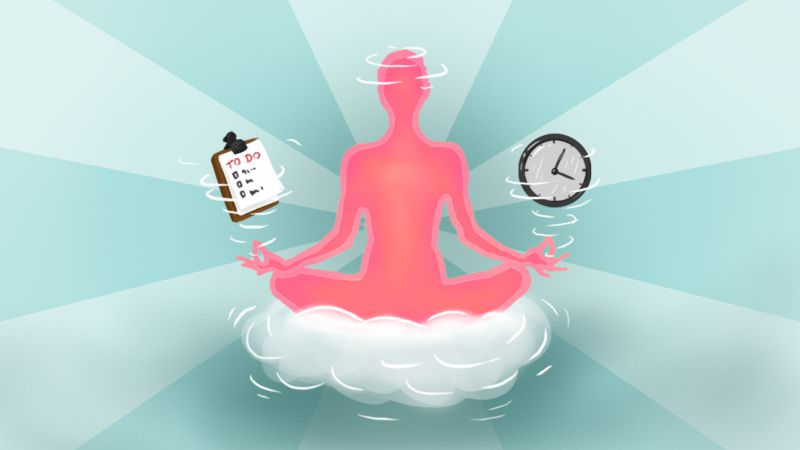Taking time to care for yourself can help you feel empowered, renewed, and ready for new adventures, regardless of whether you’re experiencing abuse! For people experiencing abuse, self-care can also help you maintain physical and emotional health during a traumatic time, making it easier to handle and escape abuse.
Self-care can also help abuse survivors transform their trauma into healing through self-expression and community engagement. The act of self-care ranges from something as simple as being sure to drink enough water to carving time out of a busy schedule to paint, jog, or dance!
Though self-care can seem intuitive, it can be challenging to know what kind of self-care you need and how to practice it. Always dedicated to guiding you towards empowerment, we’ve compiled a list of tips and tricks to help you achieve the apex of self-care!
- Heal the mind by healing the body. Be compassionate towards yourself. Often, a survivor’s body is used as a tool for abuse: either through manipulating a survivor’s body image or through physical trauma. Because of the toxic shame and self-blame that arise from these figurative and literal bruises, survivors forget that their body is the strongest ally they have against the negativity faced in daily life. Fuel yourself with a balanced diet, a healthy sleep schedule, a sufficient amount of exercise, frequent bathing, and necessary medical attention—and don’t forget to drink water! Your body does more than combat negativity: it actively processes it, so that hurt, anger, grief, and depression can be transformed into healing. Find a physical outlet for your painful experiences to avoid emotional paralysis. Try kickboxing, yoga, dancing, and other forms of physical activity that you enjoy.Finally, a simple way to take care of your body is by breathing. Mindful breathing exercises can help you manage responses to triggers and panic attacks. Breathing helps rewire your brain and slow down your reactions.
- Feed the mind. All abuse comes from a desire by the perpetrator to control a survivor’s thoughts and actions. Recognizing that you have ownership of your mind can be the first step to combating abuse. Often, we let our doubts, fears, and stress overwhelm our minds—this helps abusers in reaching their ultimate goal. Fight back by reprogramming your mind through positive affirmations. Tailor your positive affirmations to address significant insecurities. Each time your mind interrupts your thoughts with negativity, hold tight to a motto. Examples include:
“I am beautiful inside and out.”
“I am intelligent.”
“I am strong.”Consider making a list, in your head or in a journal, of why you matter and why the world is better with you in it, or find inspirational words to boost your self-esteem.
- Get creative.The key difference between surviving stress, abuse, and trauma and despite these factors rests in your ability to transform pain into healing. Trauma can shut down the areas of your brain that process and express emotion, disconnecting us from our identity, thoughts, and feelings. So, art and other creative modes of self-expression are one channel of trauma transformation. Write, paint, draw, make music, or find another creative act that can help you release trauma and engage the mind and body in new ways.If you don’t know where to begin, start by keeping a journal.
- Lean on others.Sometimes, self-care means asking others to take care of you for you! There is only so much that one person can achieve when it comes to processing and growing from painful experiences. Often, sharing your story with others, joining groups, or discussing your experiences with mental health professionals can be the key to properly separating yourself from this dark time.
Note: There are many ways we engage in behaviors that make us feel good, but do not contribute to a productive development of our health. For example, drinking or using drugs excessively, spending all night watching television instead of sleeping, engaging in “retail therapy” with no care for your budget, mindlessly snacking on junk food, going out all the time, and isolating yourself under the guide of “alone” time can all be healthy in small quantities, but can also perpetuate unhealthy habits.


